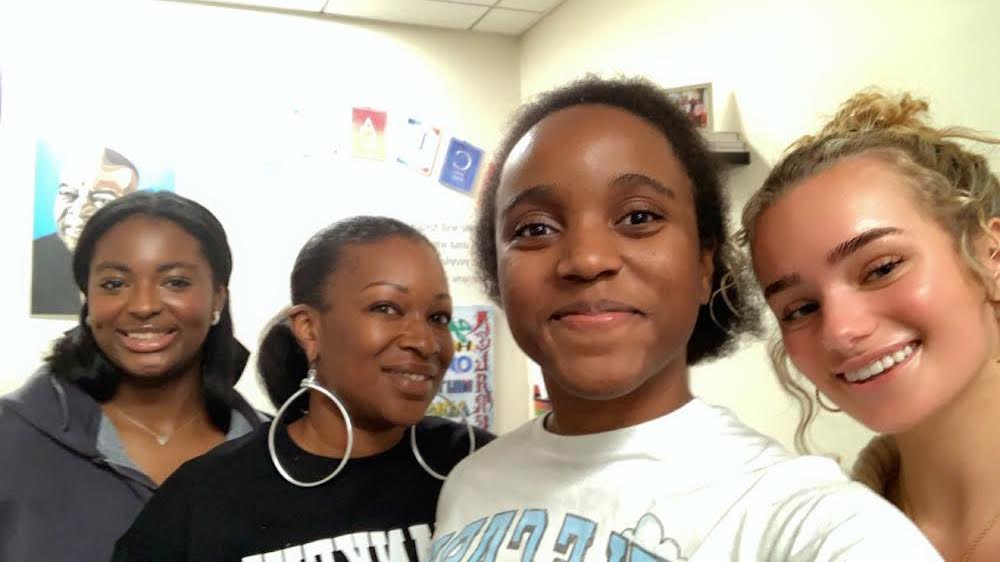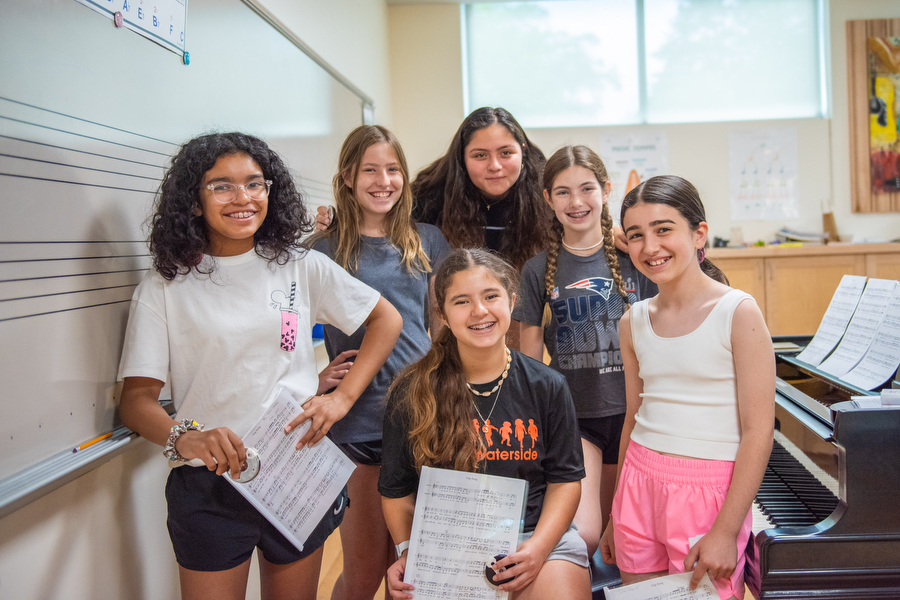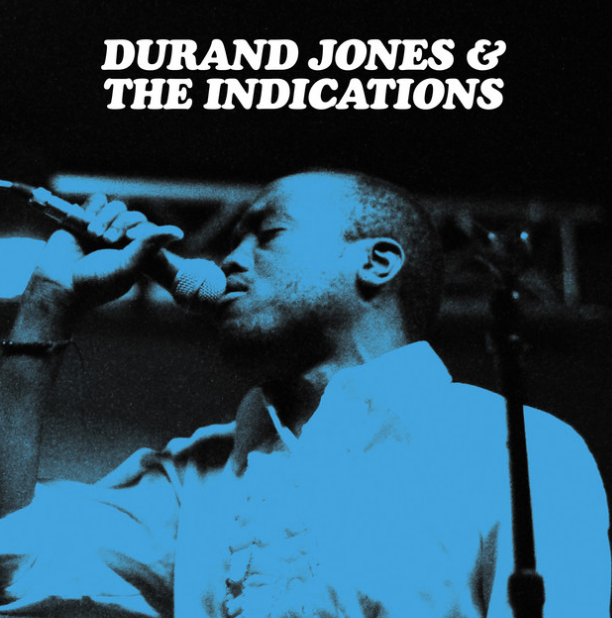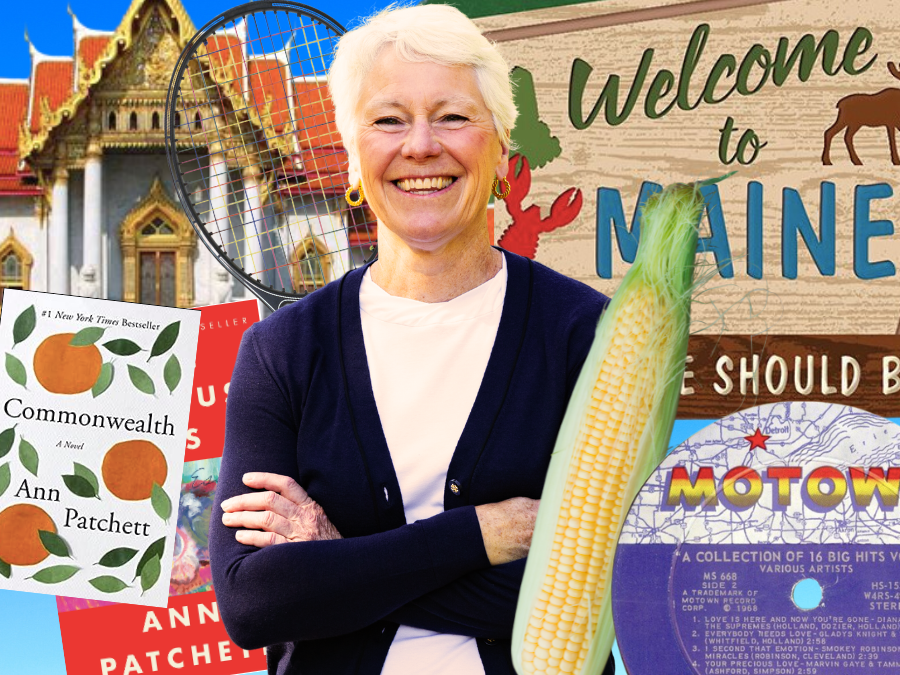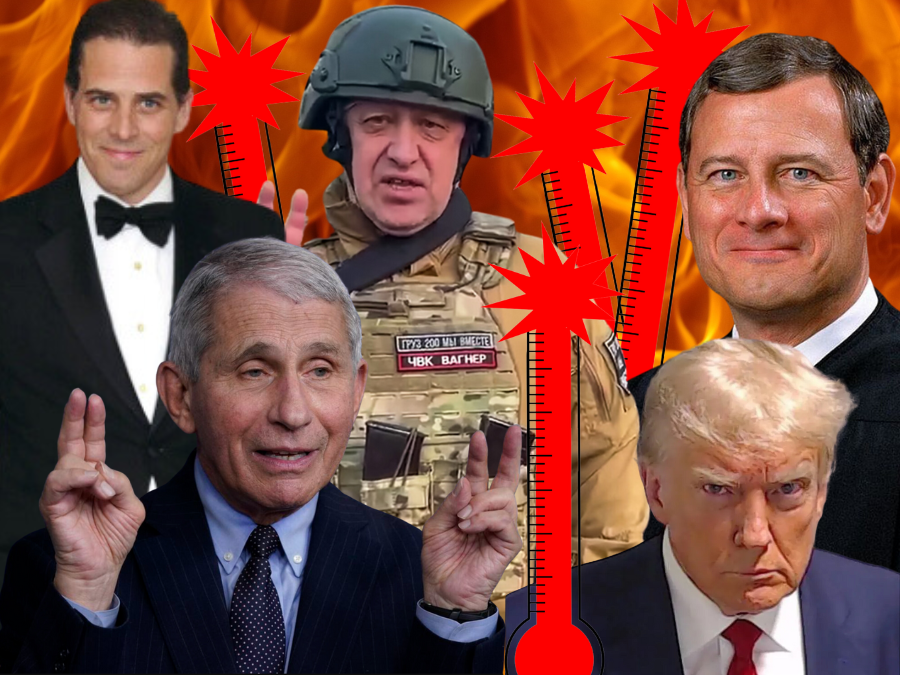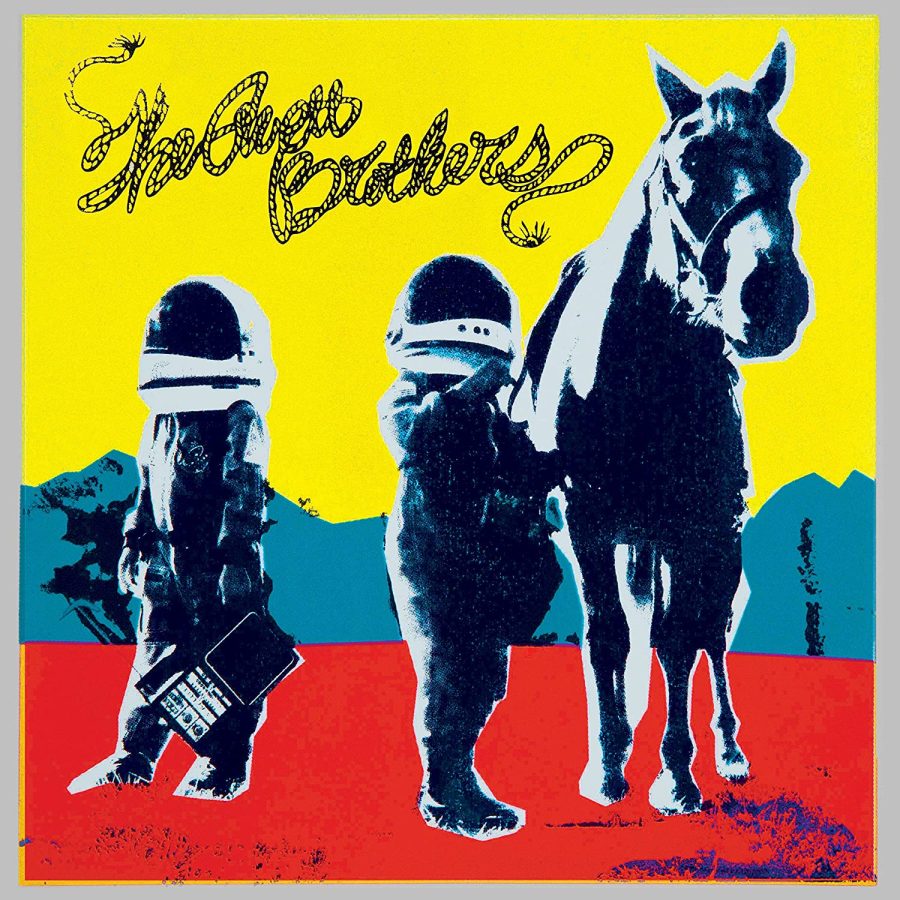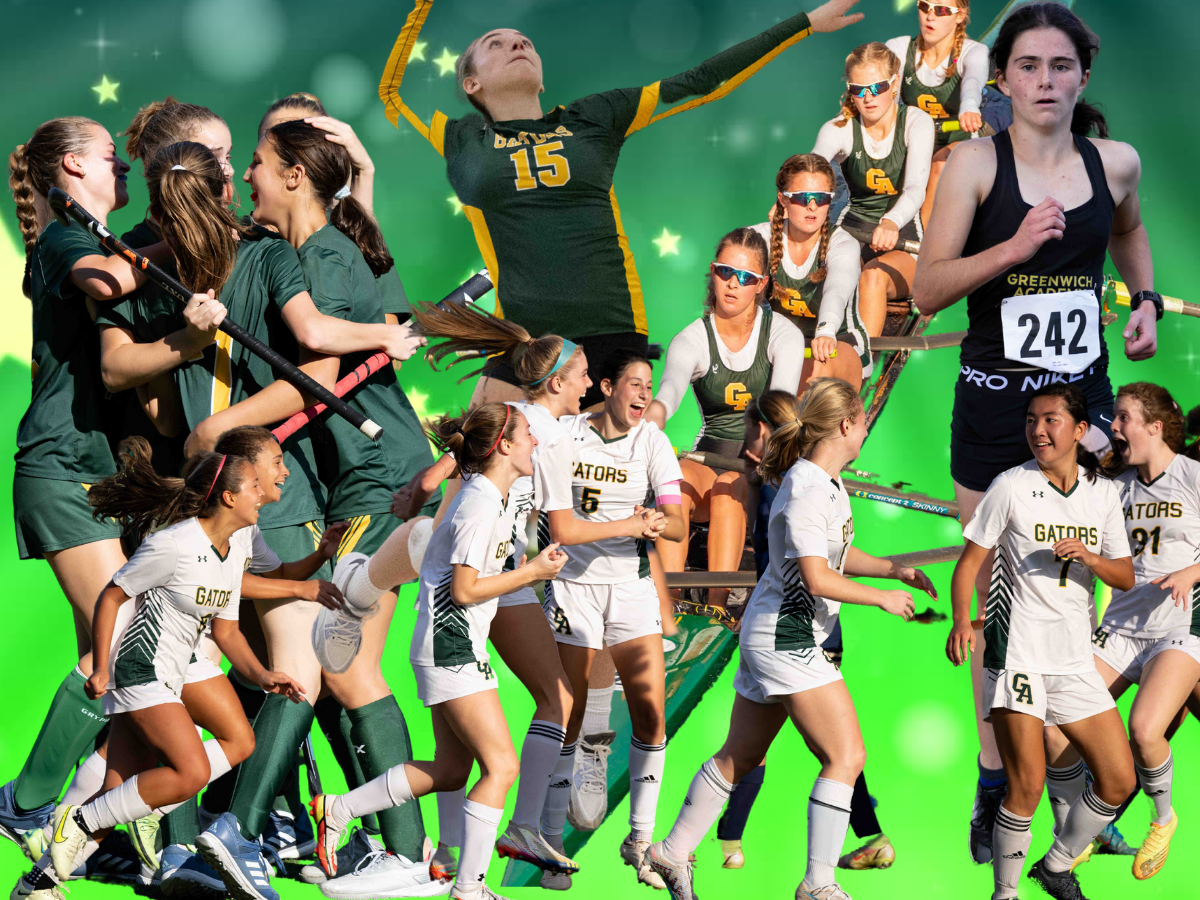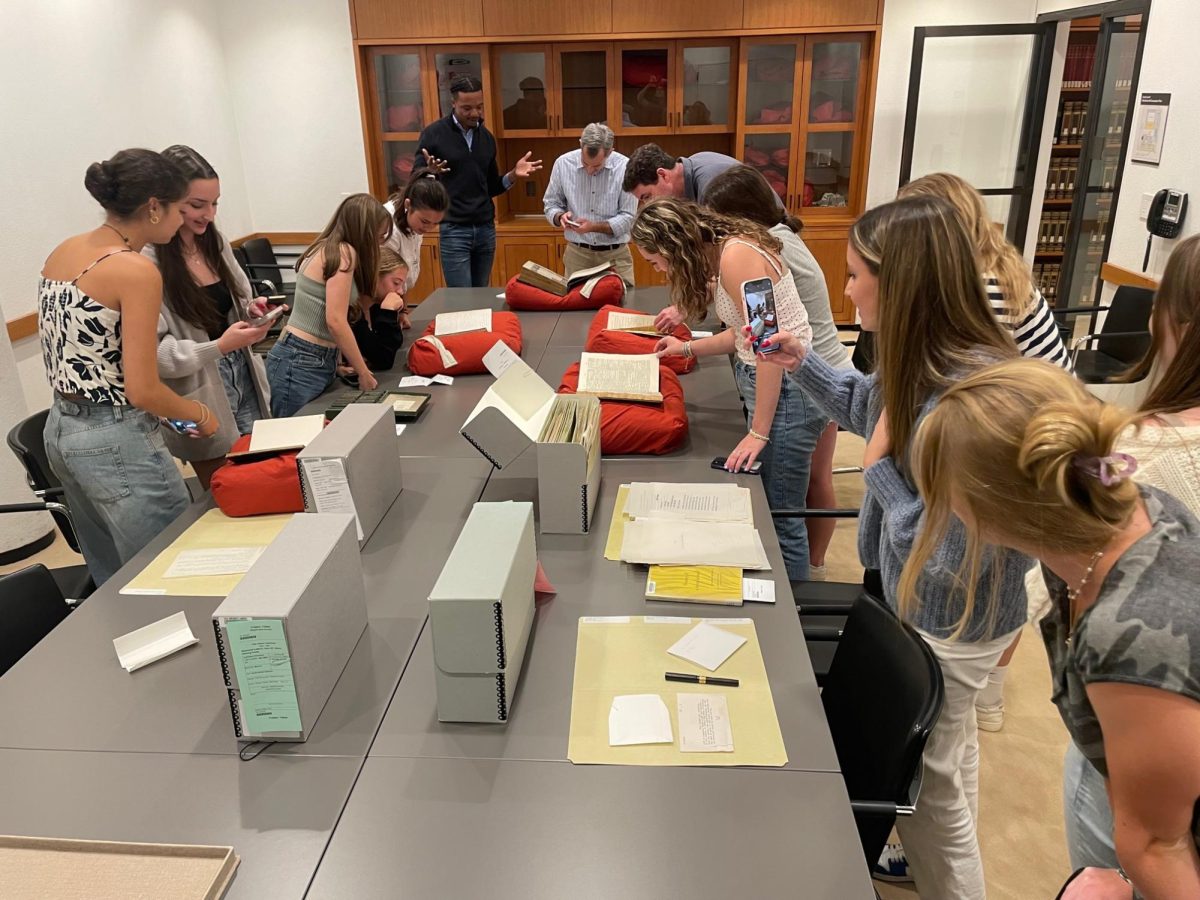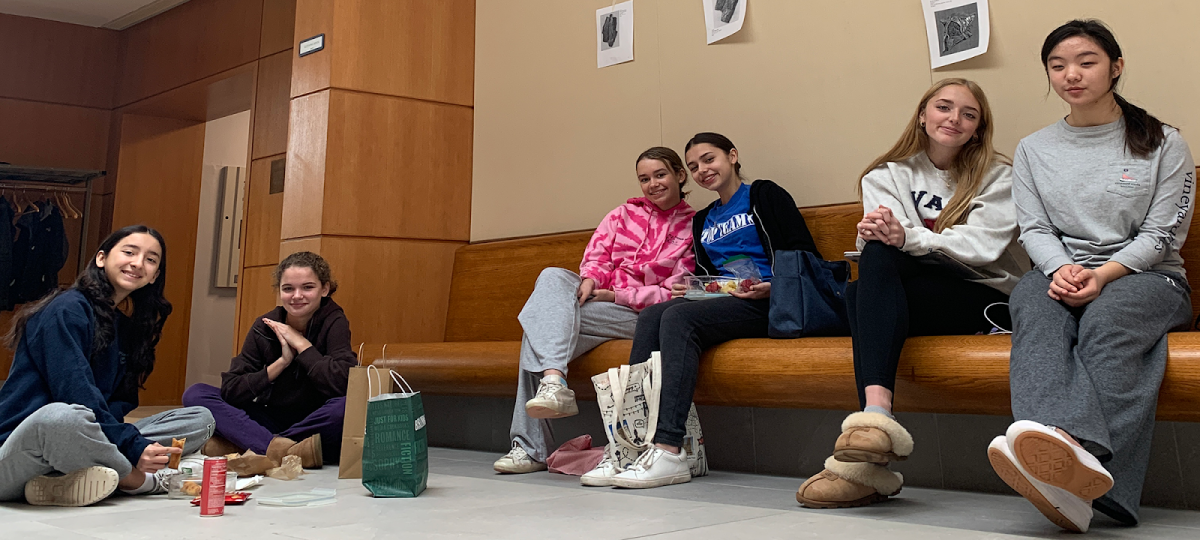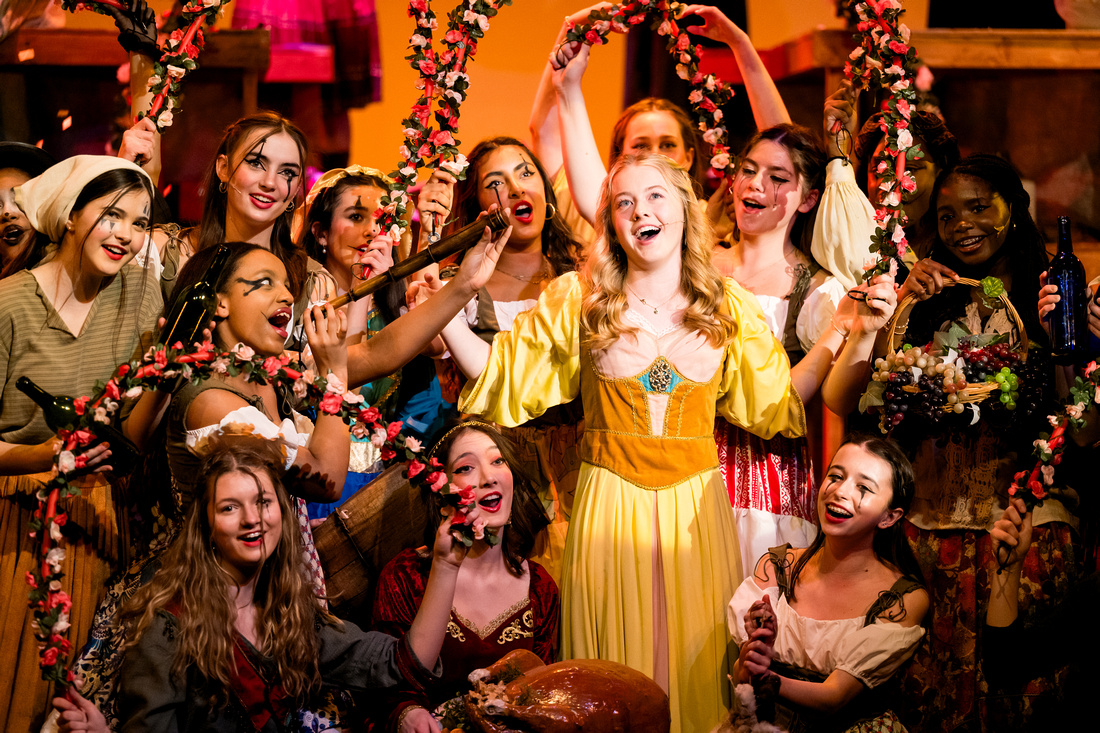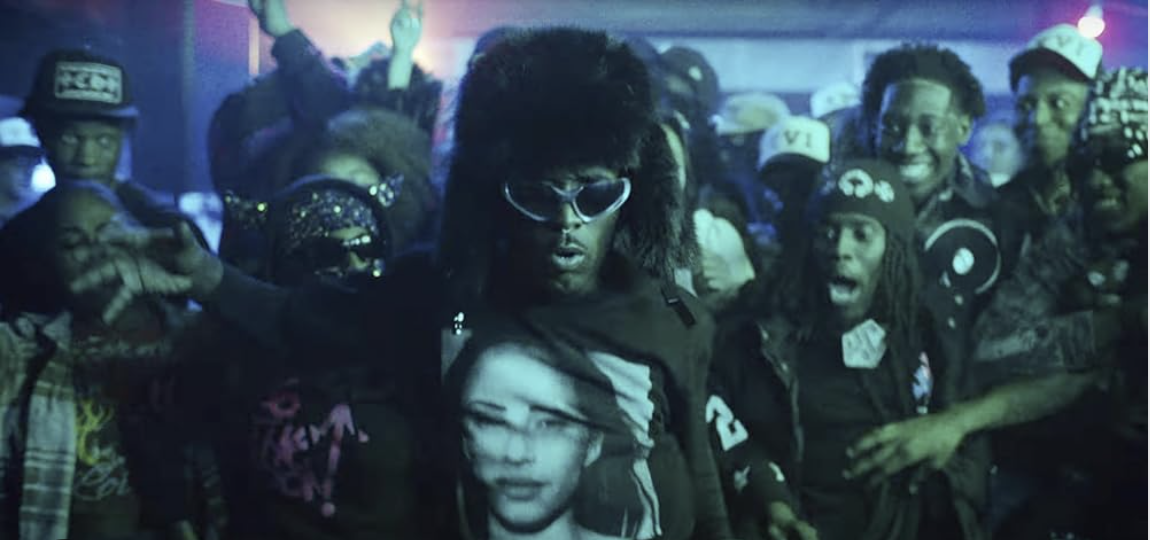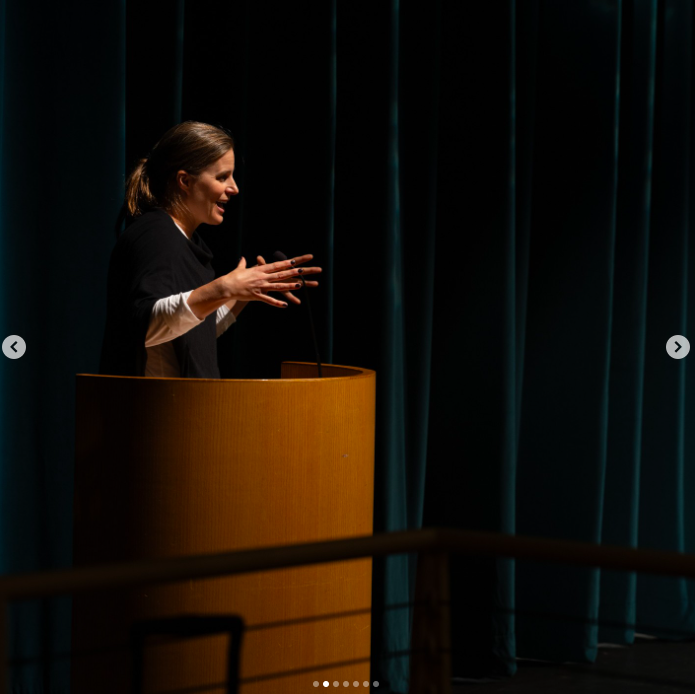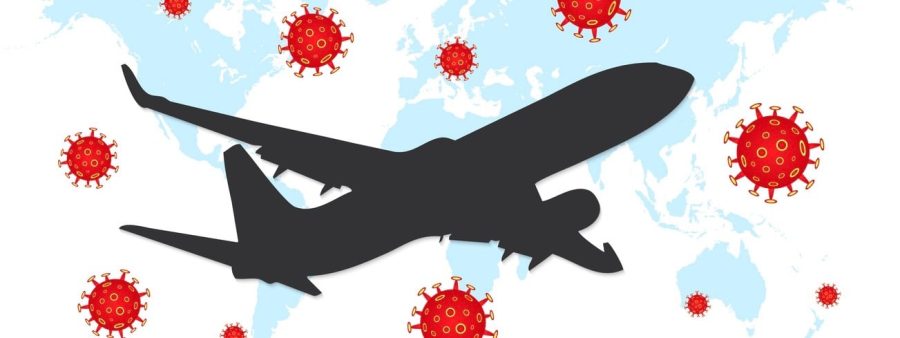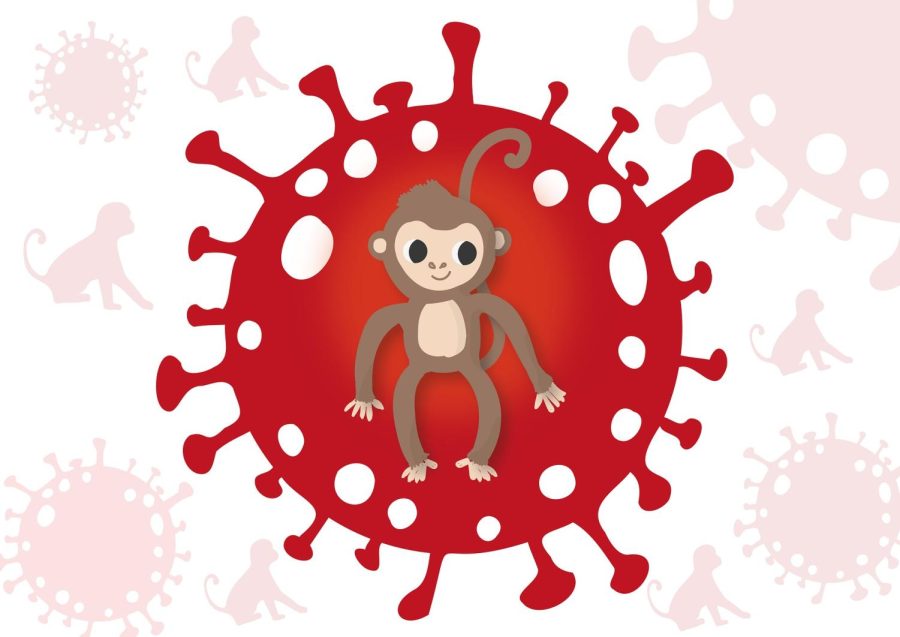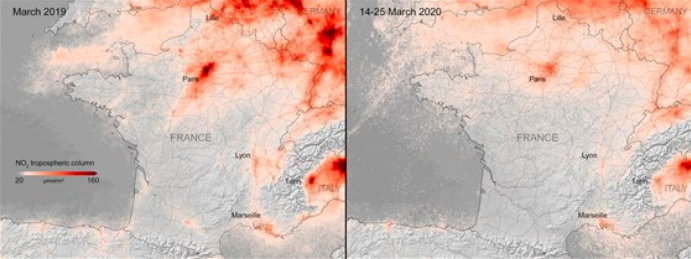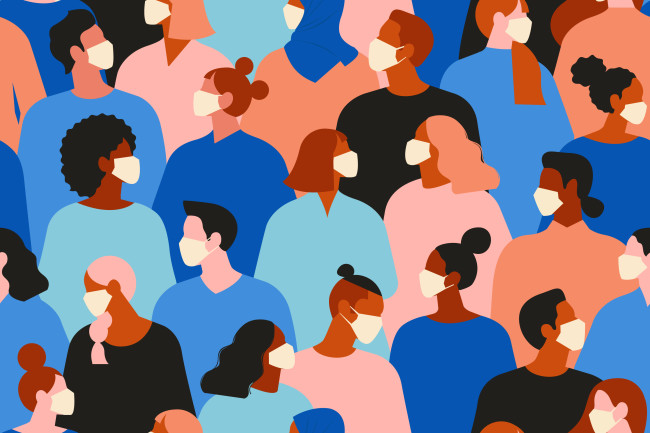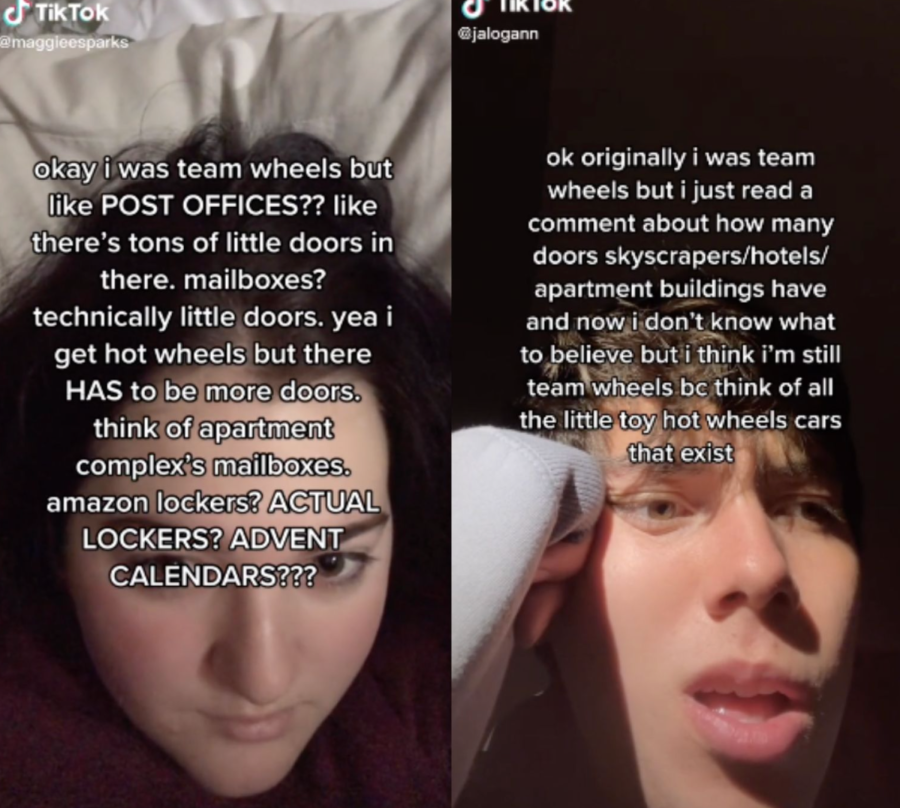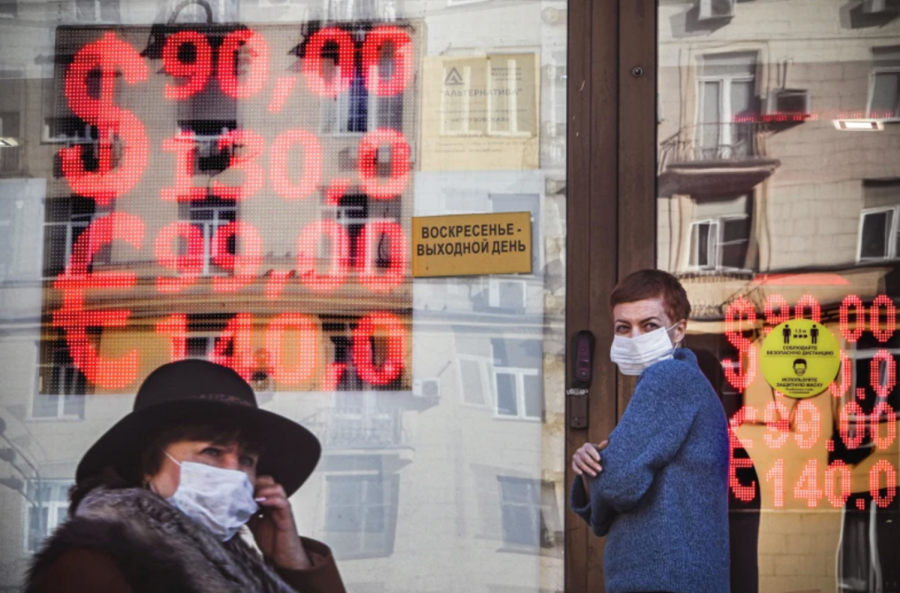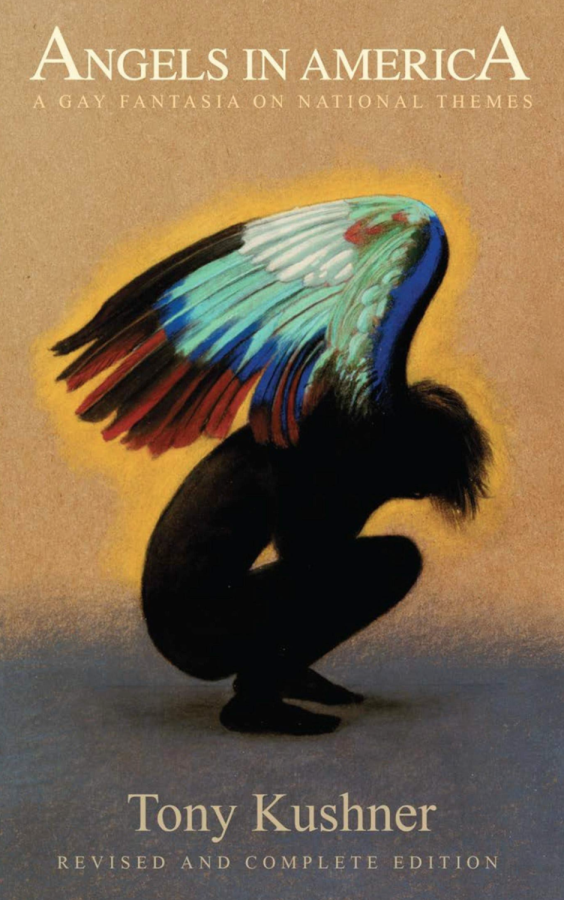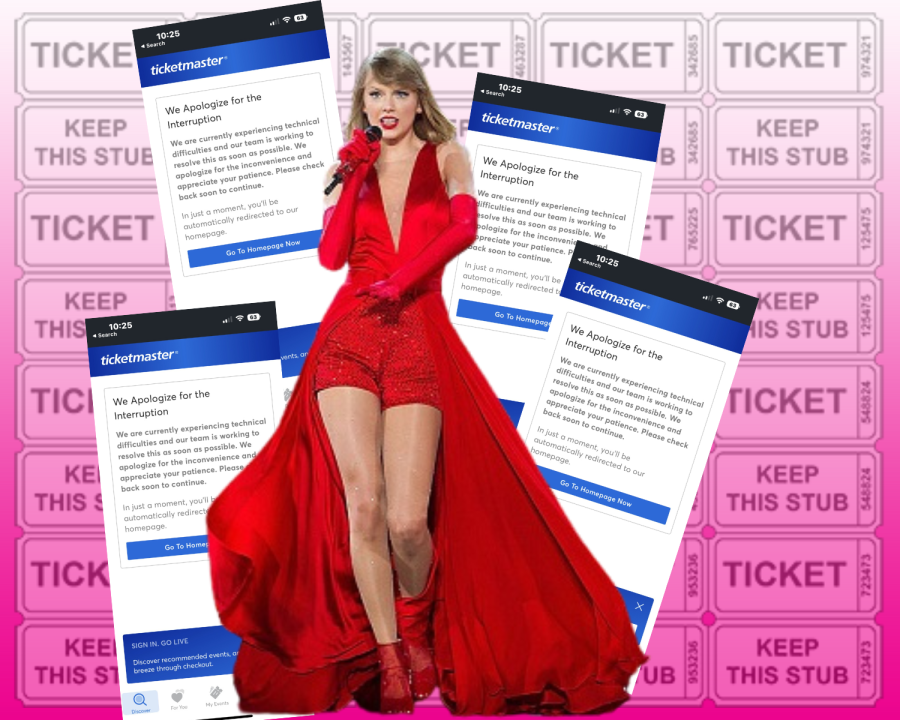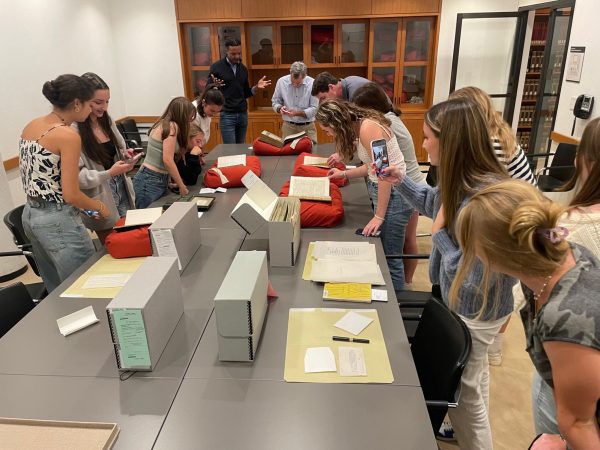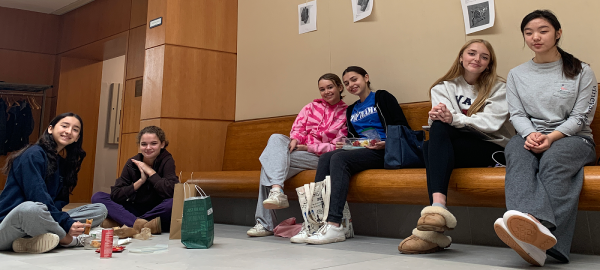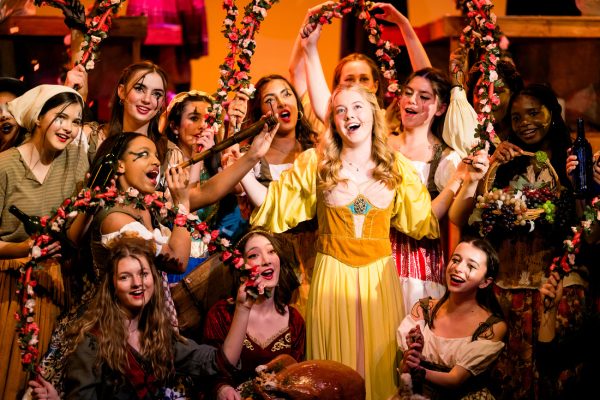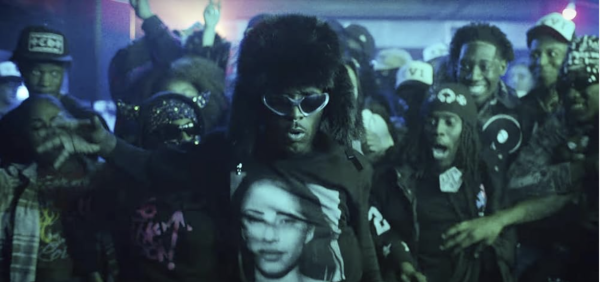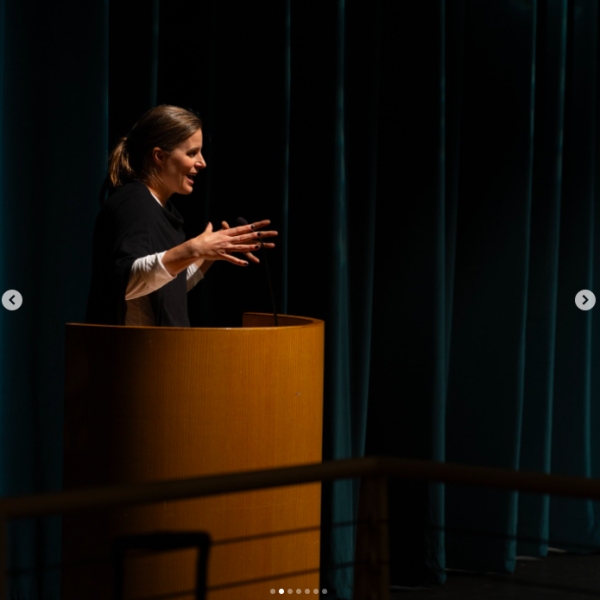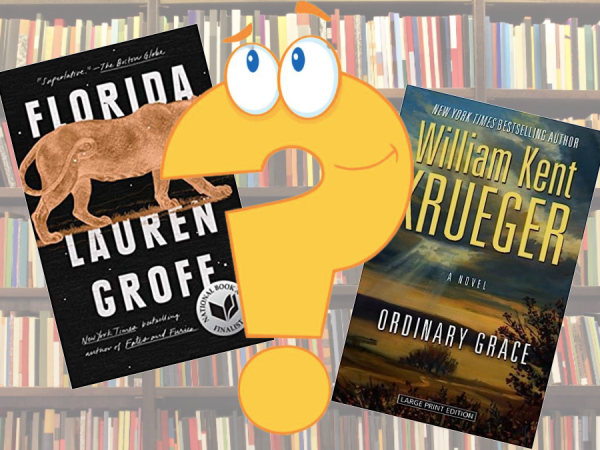Taylor Swift vs. Ticketmaster: Who Has the Real Monopoly?
When the presale for Taylor Swift’s The Eras tour went live on November 15, fans scrambled to get tickets—and some were more lucky than others. Swift had announced the 2023 tour at the very beginning of November, her first since the 2018 Reputation album. The Eras tour will cover all of her albums since then including Lover (2019), Folklore (2020), Evermore (2020), as well as her latest, 2022 release Midnights. Anticipation was intense.
Ticketmaster announced there would be a presale on November 15, where fans can use their “Verified Fan” code to buy tickets in advance. This was supposed to be followed by a public sale on November 18, which was–you guessed it!–canceled due to the record breaking presale.
The purpose of the Verified Fan system is to give tickets to individual fans rather than bots that buy multiple and sell them on the resale market. An approximate 3.5 million people signed up for the presale, the biggest numbers Ticketmaster has ever seen. Of those signed up, around 1.5 million people were sent presale codes and the remaining 2 million were put on a waitlist. Loads of fans who didn’t have presale codes as well as bots went on the site during the presale, which caused immense amounts of unprecedented traffic on the site. As a result, the website slowed down to accommodate for the extra traffic and to ensure things kept running smoothly. However, fans still waited in ticket sale queues behind thousands of people, and website bugs remained troubling.
Ticketmaster responded to the situation by explaining how the tour’s insane sales record exceeded any of their expectations. The number of bots and fans without codes created 3.5 billion system requests, four times their previous peak. In the past, only about 40% of invited fans actually go and buy tickets, whereas Taylor’s tour prompted much more sales. Ticketmaster also admits they are happy with the 2.4 million successfully sold tickets and the small percentage of those that were bots. Given the demand for tickets, many fans would have been left empty handed even if the sales went completely smooth. Ticketmaster estimates Taylor would need to perform 20 times the amount of shows she is doing in order to accommodate everyone who wanted tickets.
Taylor responded by saying she was amazed by the amount of tickets fans bought, but also really disappointed they had to jump through numerous hurdles to get them. She explained her distrust with outside organizations dealing with her fan’s experiences and stated that her team was assured these organizations could handle them. This breach in trust made it “excruciating for [her] to just watch mistakes happen with no recourse.”
Numerous attorneys general and state politicians have been publicly critical of Ticketmaster’s fiasco on Tuesday. Additionally, other singers have even come out and expressed their views on Ticketmaster’s monopoly on the ticket selling industry. While this event seems like a one-time thing, it’s bringing some important issues to light that have been being discussed for a while. Over the past few months, the merger of Ticketmaster and Live Nation (another ticket seller) back in 2010 has been looked into by the Department of Justice for antitrust violations. Is the merger beneficial, and were Swift’s sales truly unprecedented and shocking? Does Ticketmaster really have the best system out there for this? Or, is this event inexcusable, and should there be more independent selling venues?
In addition to the legal side of things, the Swiftie fandom has truly shown its force in the sheer numbers from last week. Her sales were record breaking and exceeded all expectations. Over the years, virtually every one of Taylor’s albums has been successful, and they only keep gaining more listeners. Midnights received more than double the amount of streams Folklore had and destroyed the overall single-day streaming record previously held by Drake. Swift’s accomplishments put her in the same sphere as legends like Michael Jackson and Madonna at such a young age. Obviously, Taylor has been an incredibly prolific artist, with albums touching into numerous different genres. Her older country-style music remains relevant, as albums like Speak Now still receive loads of streams, and she evolves with her new sound, which is even more popular. Taylor changes her vibe every album, yet her listeners seem to find something comforting about her music each time. She’s been relevant but not problematic, has retained a loyal following for over a decade, and doesn’t seem to be running out of gas any time soon. The claim by the DOJ as well as politicians and celebrities that Ticketmaster has too much control over the music industry may be true, but what’s even more apparent is Taylor Swift’s control. It doesn’t seem like she’s reaching a limit to this power any time in the near future.
